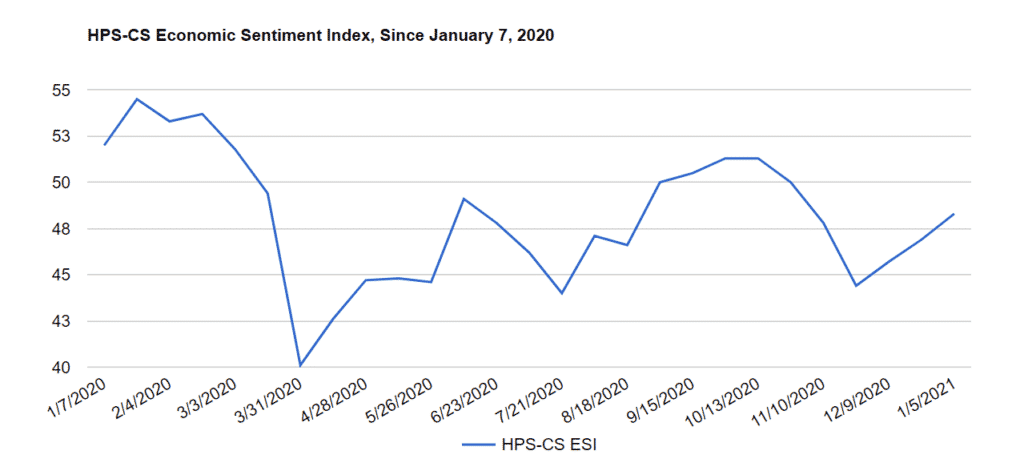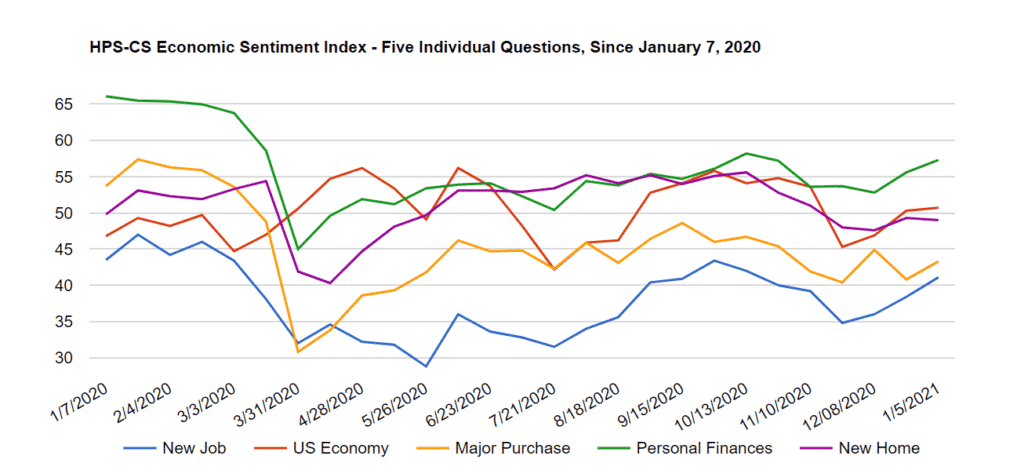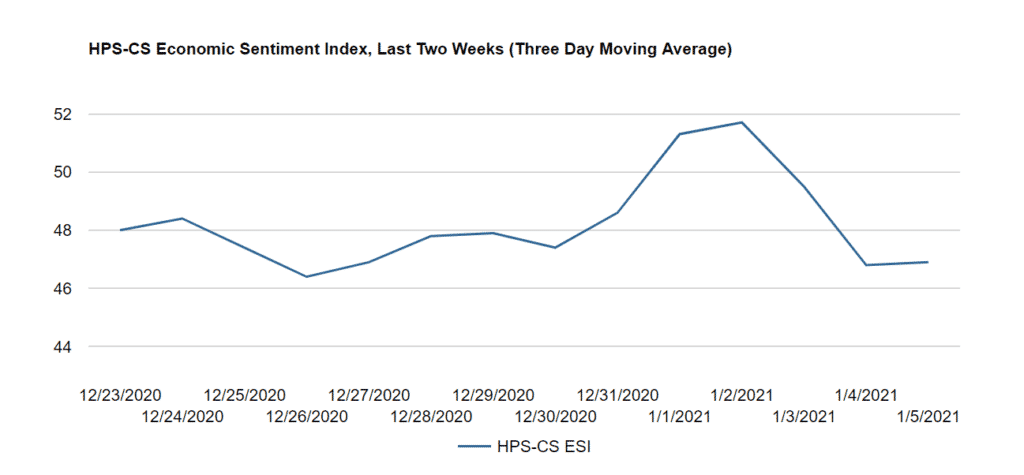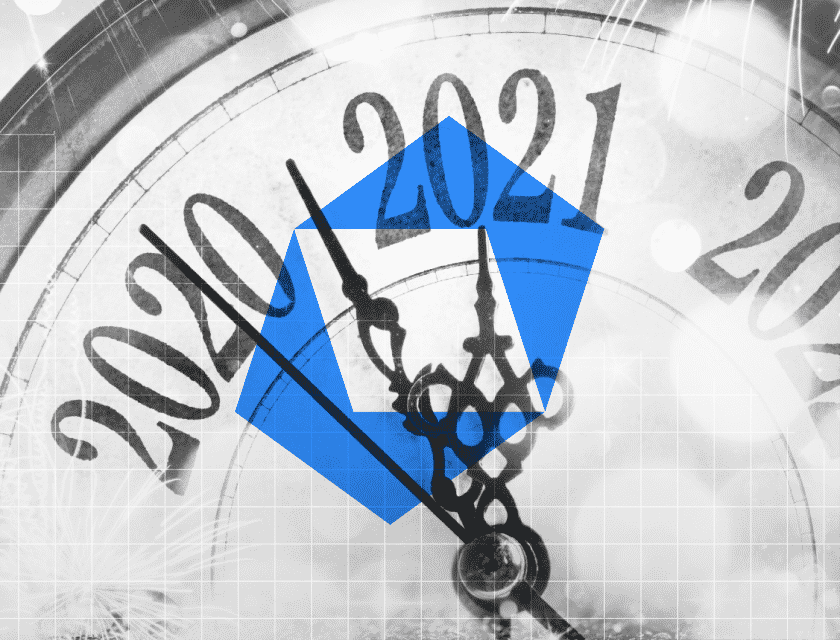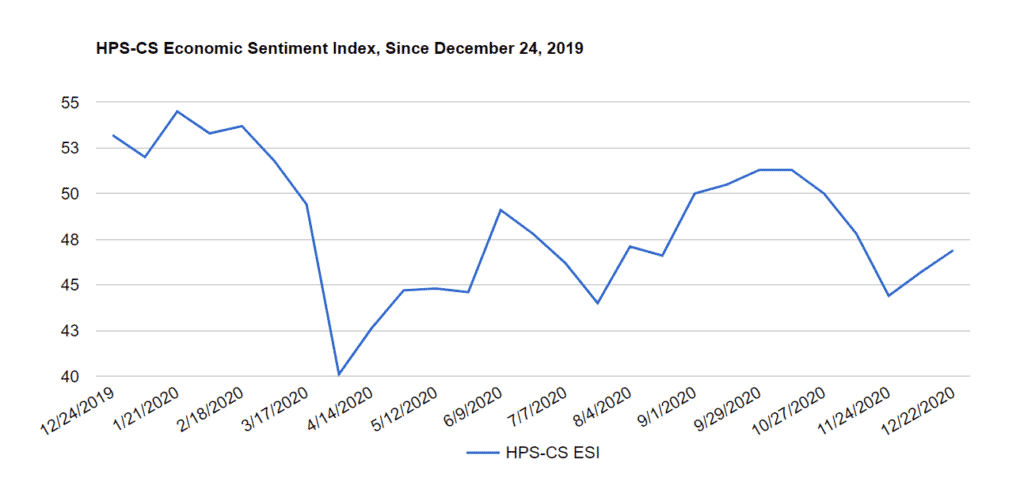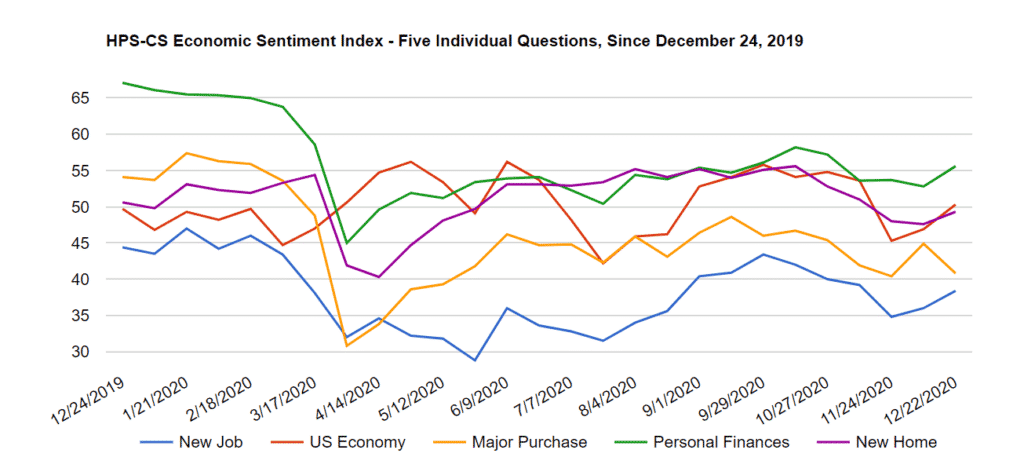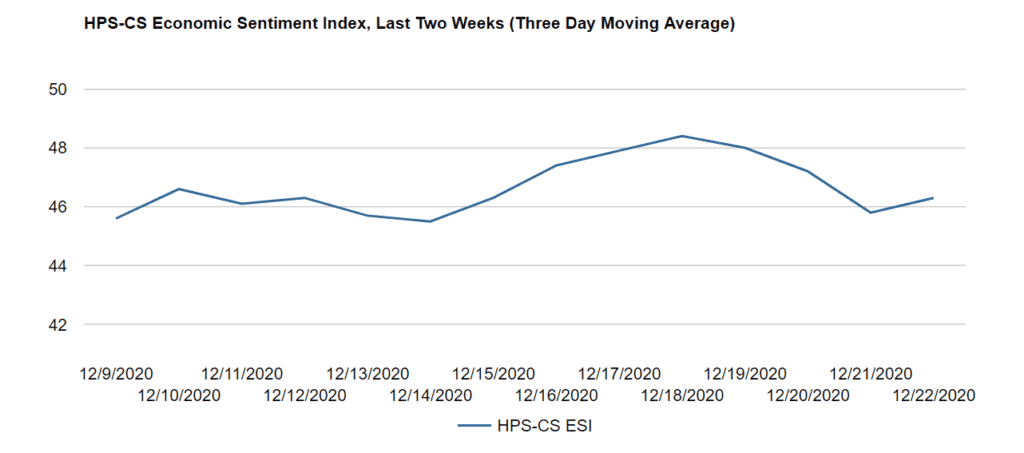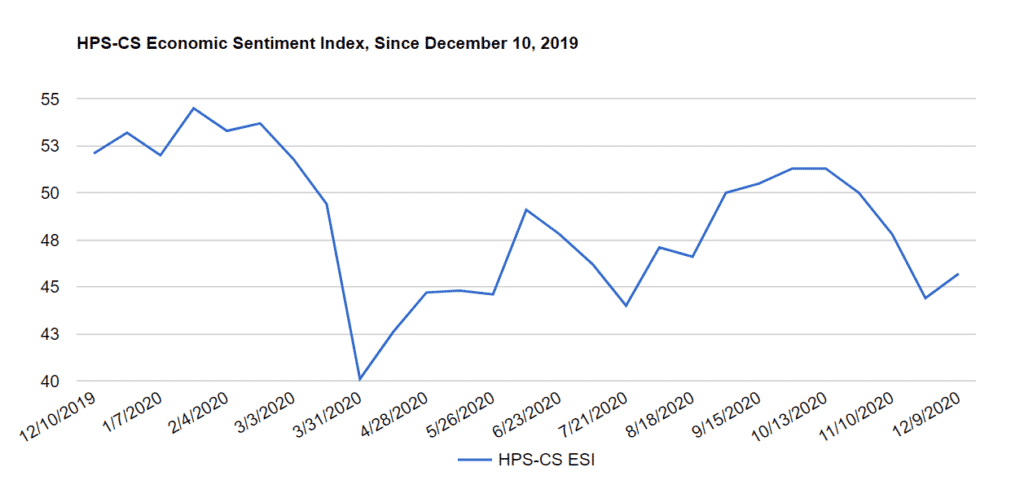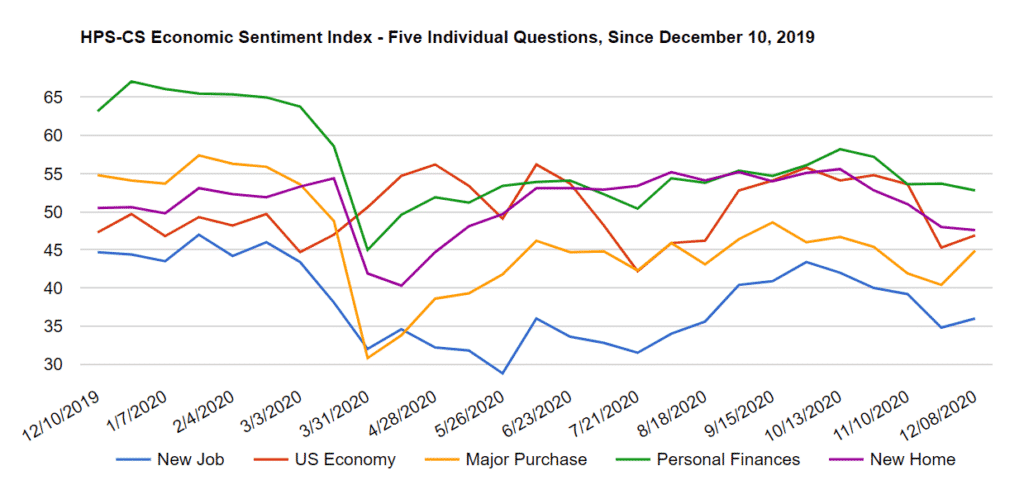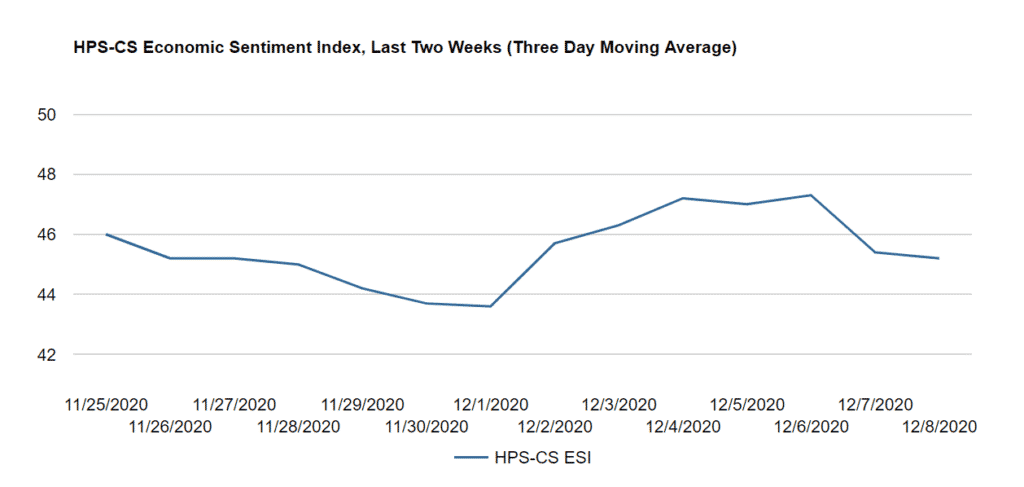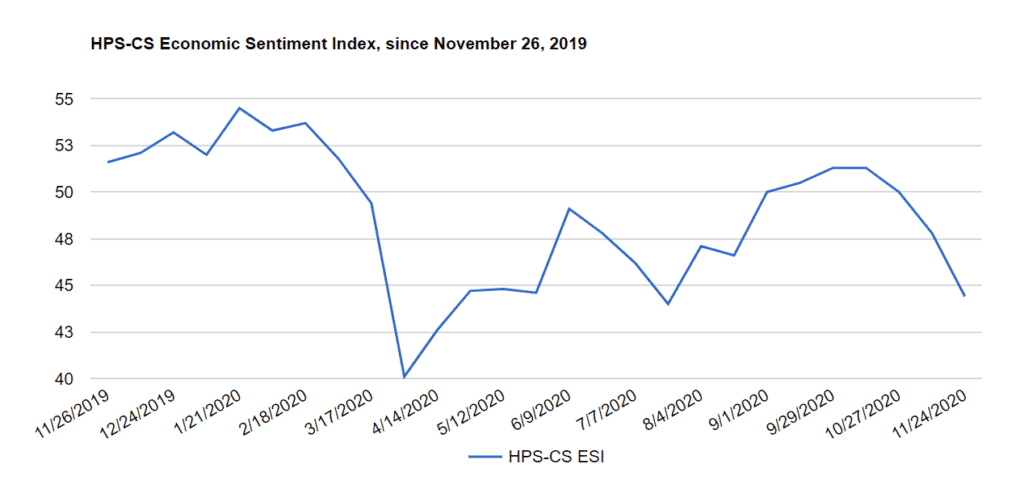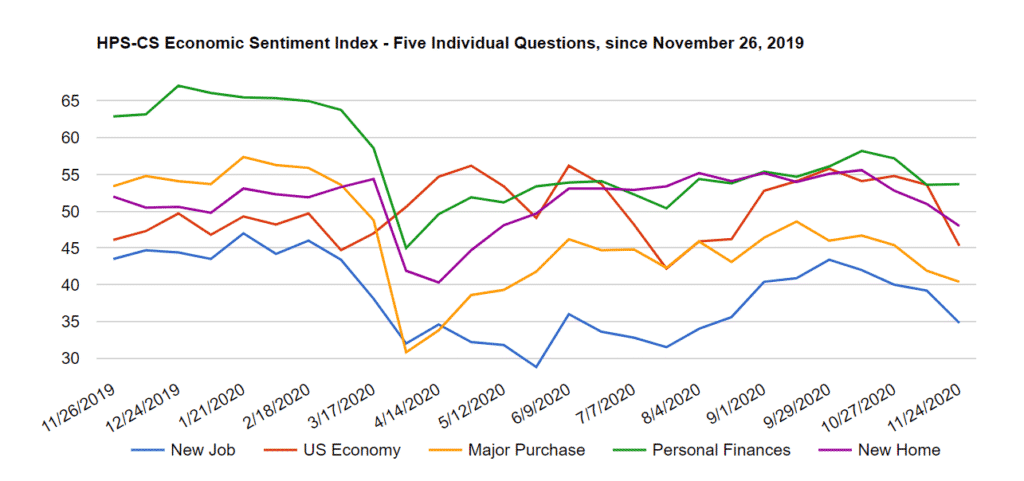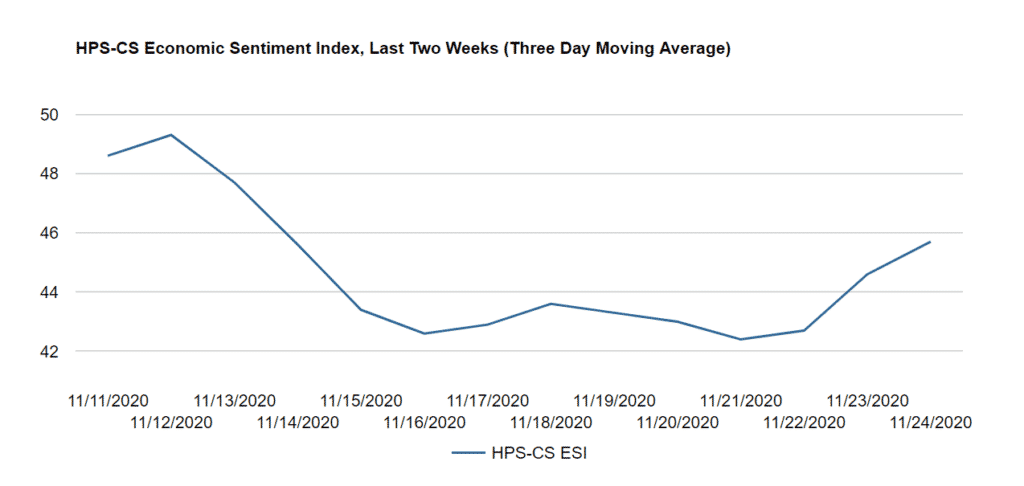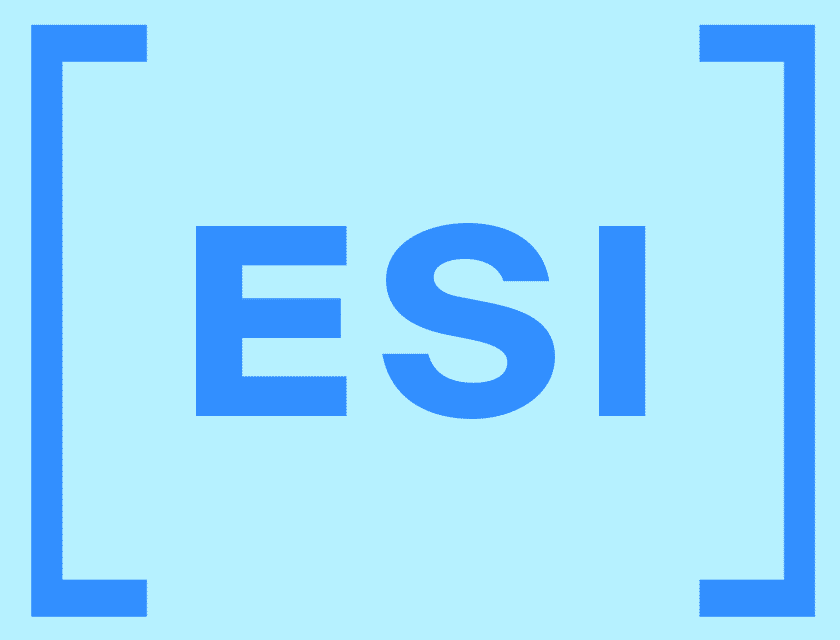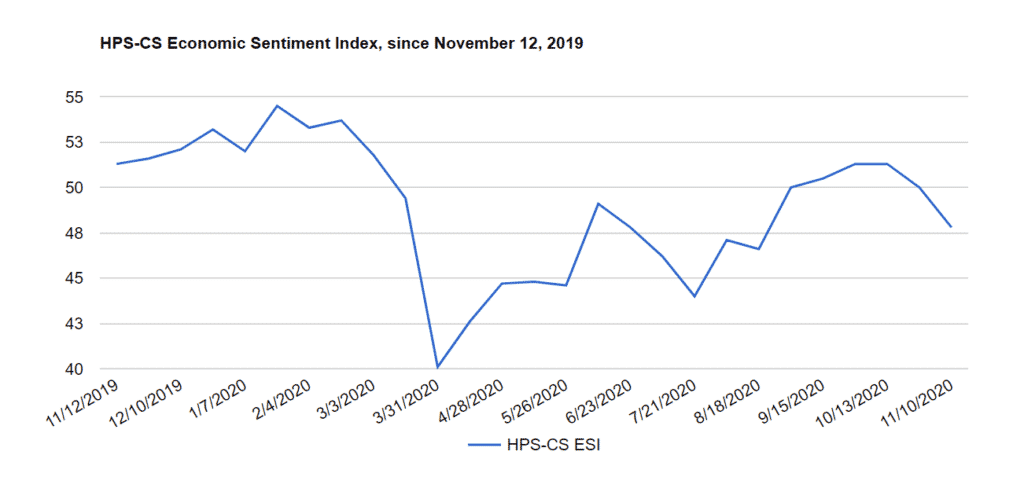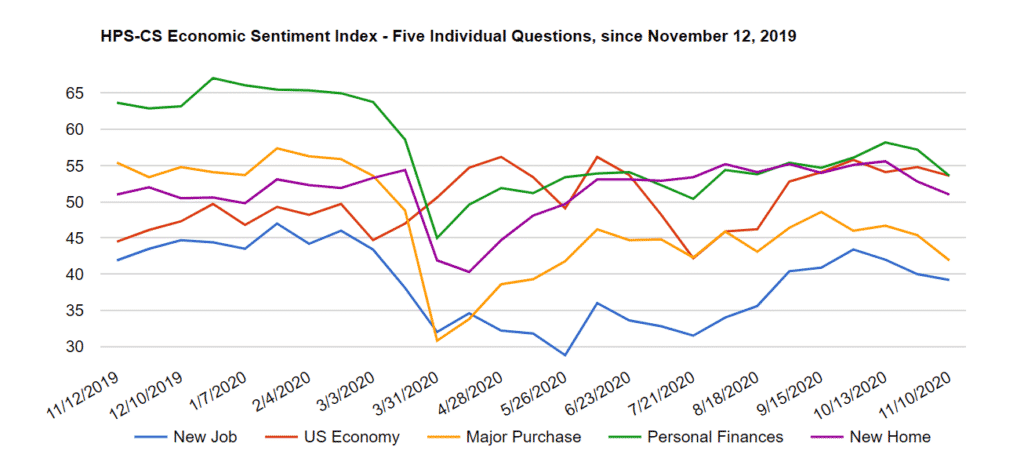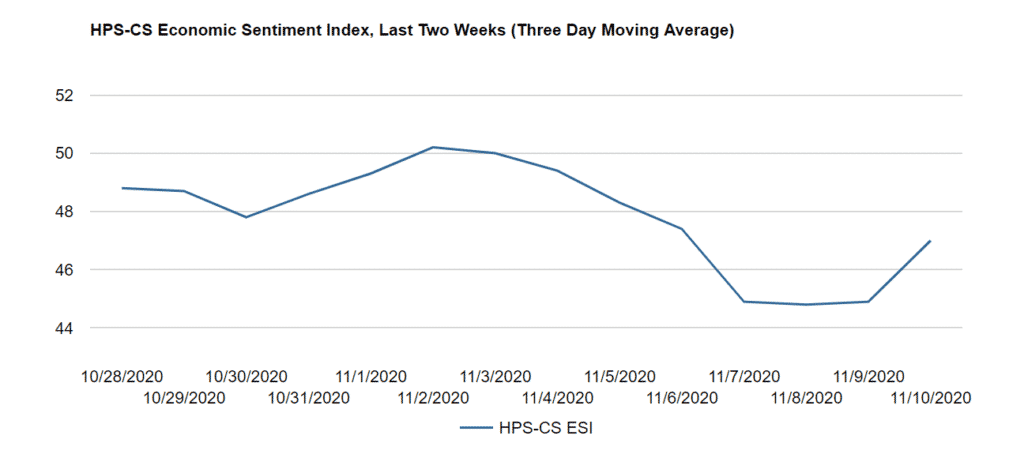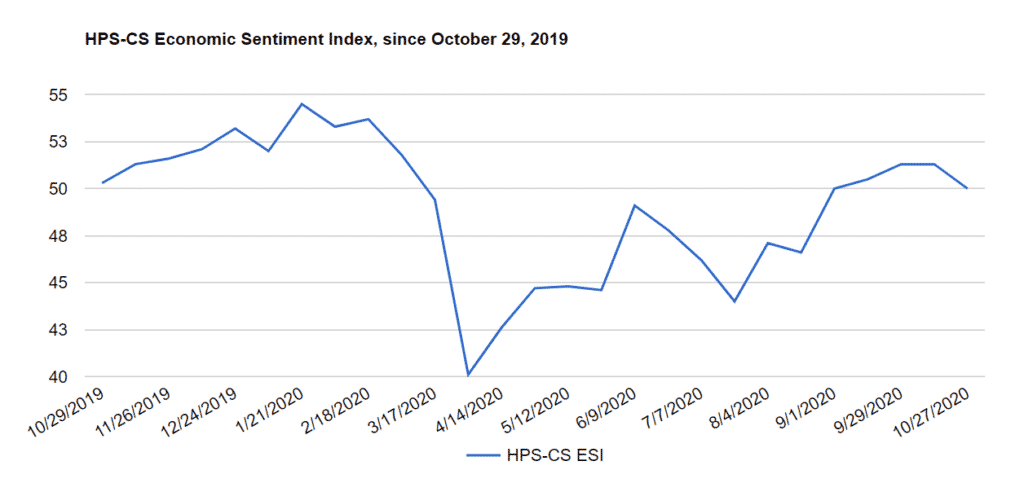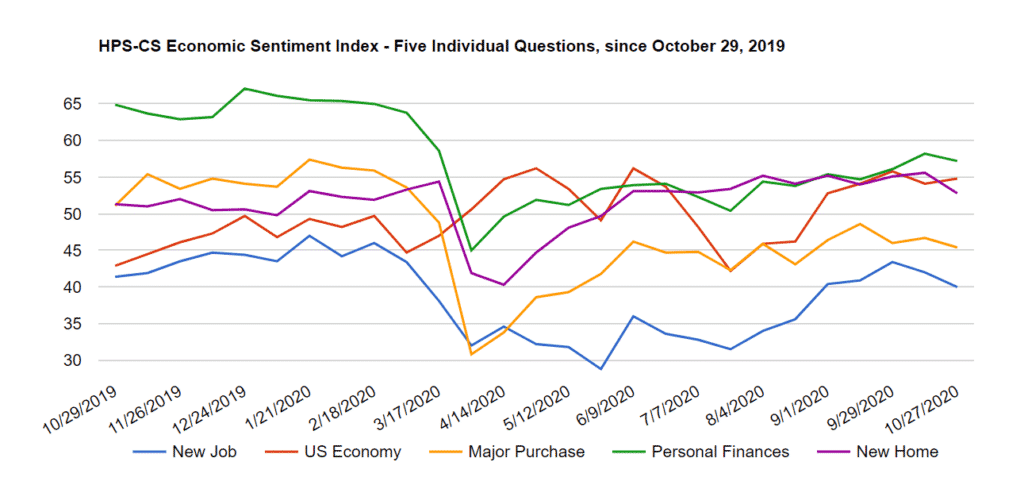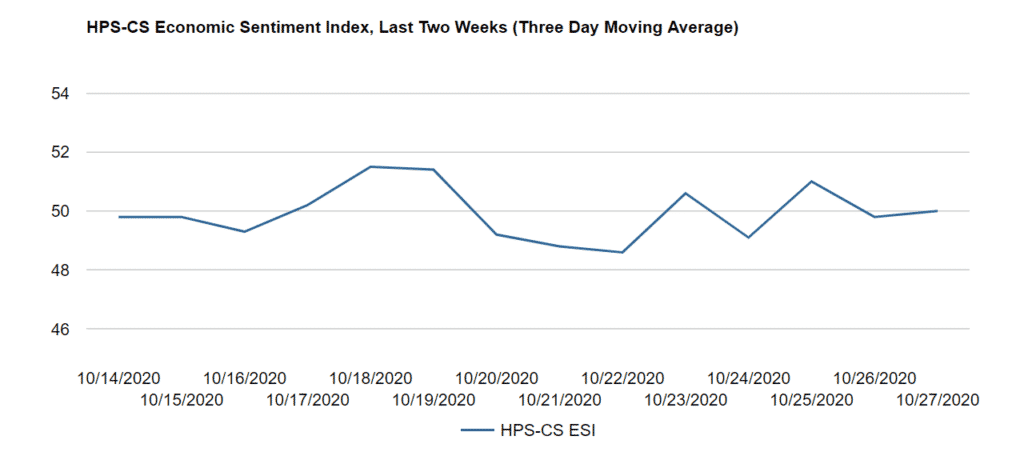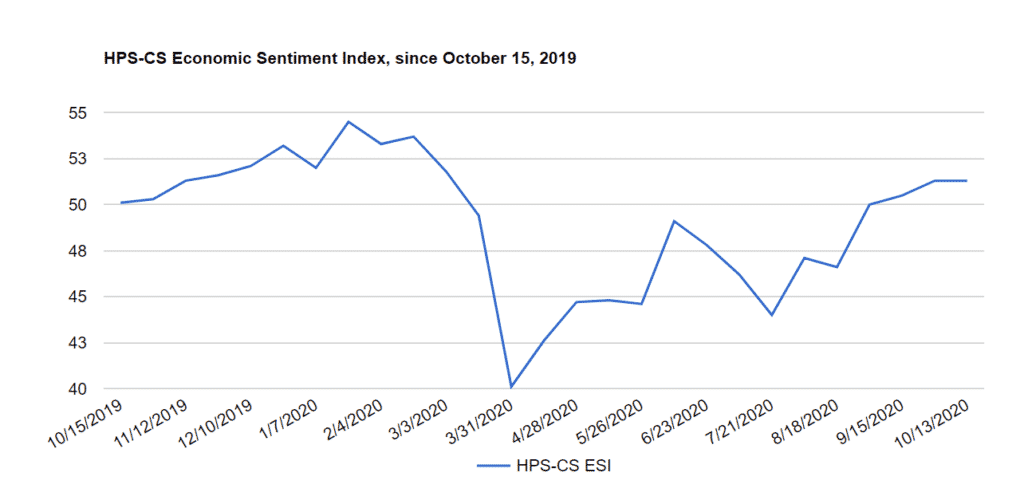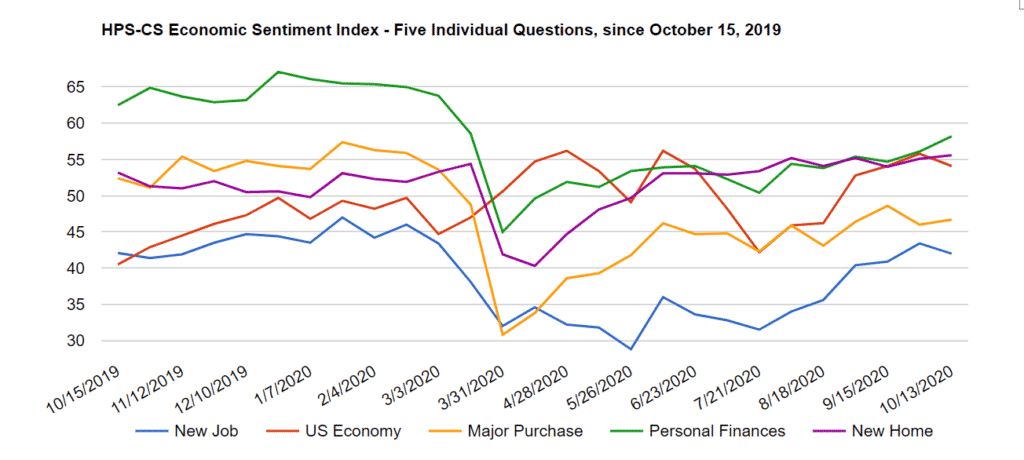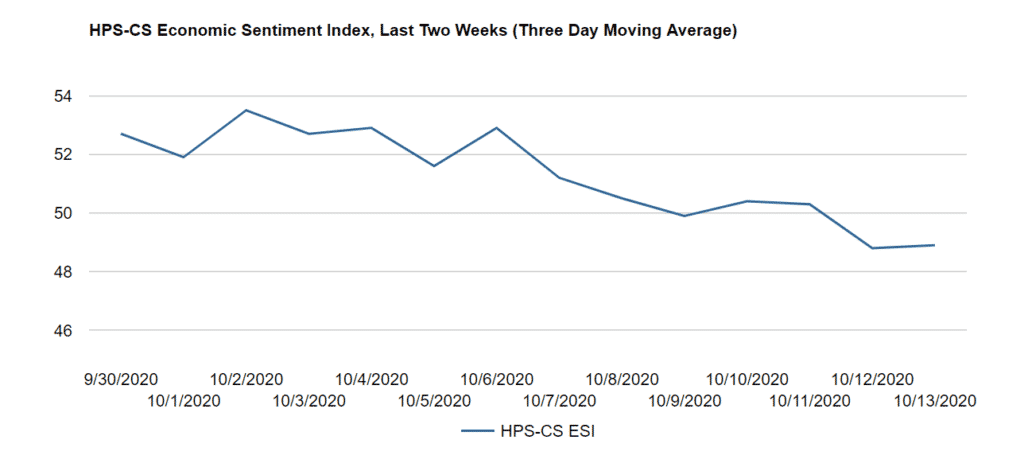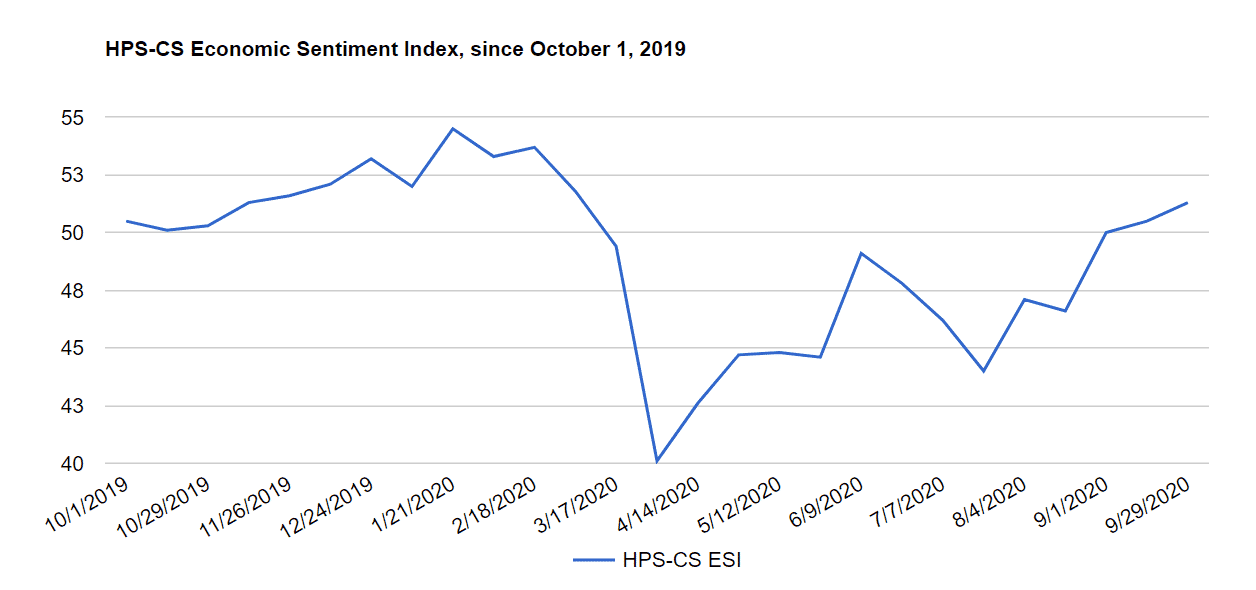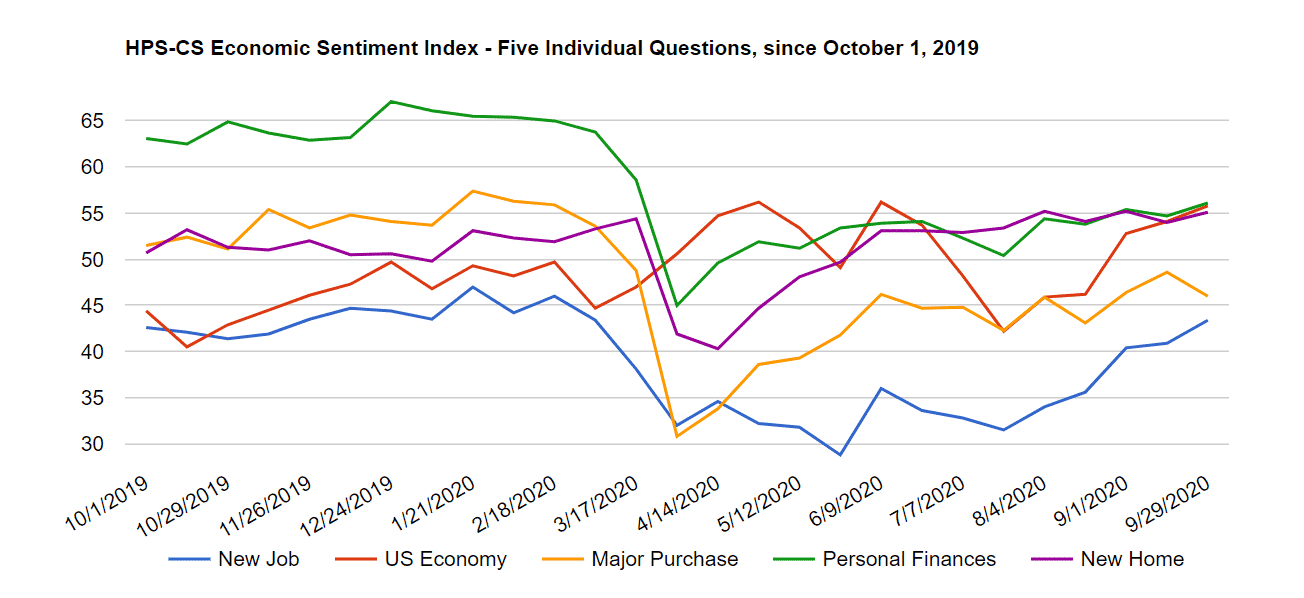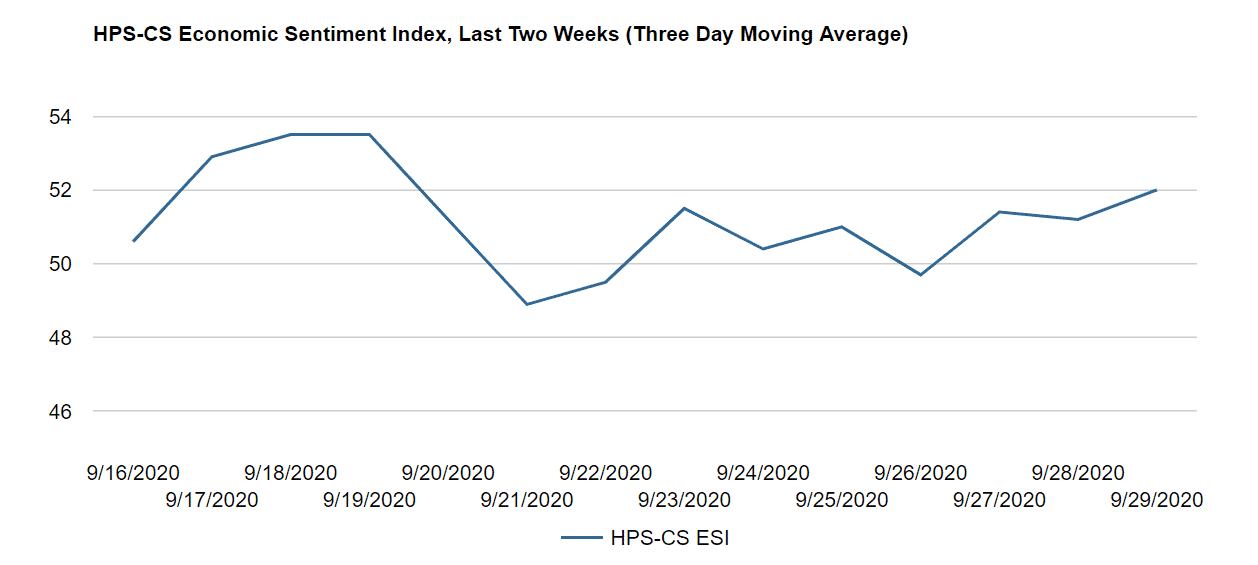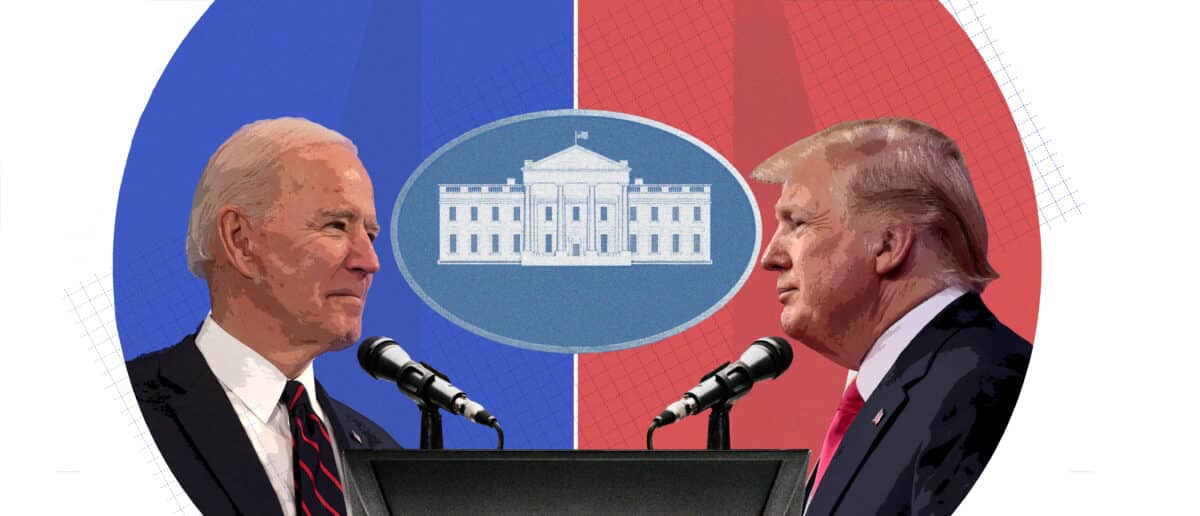Hamilton Place Strategies (HPS) announced today that Scott Haber has joined the firm as a director.
Haber joins HPS after serving as communications director for Internet Association (IA) for over four years. While there, he worked to establish IA as the go-to industry voice on tech policy issues, such as Section 230 and digital trade. Haber engaged with national media on behalf of the organization, translated complex tech concepts into clear messaging for key audiences, and carried out integrated communications strategies to advance IA’s policy goals. Prior to working at IA, Haber was a senior analyst at HPS, where he supported clients within the healthcare, transportation, and trade industries.
“We’re excited to welcome Scott back to HPS as a director,” said HPS Partner Matt McDonald. “Scott’s time at Internet Association gives him deep expertise on key issues like net neutrality, intellectual property, and content moderation, and his time as a former senior analyst at HPS means he will be able to deliver immediate impact for our clients. His experience is invaluable, and I look forward to watching him support clients as they navigate these important issues.”
HPS is also excited to announce the promotion of Meghan Pennington to managing director, as well as Elliott Owensby ad Jesse Steinmetz to senior director.
“Meghan, Elliott, and Jesse are all essential parts of the HPS team,” said Matt McDonald. “Over the course of their time at the firm, they have benefitted our clients and teams through strong leadership, creativity, and strategic thinking. I’m very excited to work with them as they continue to grow professionally, contribute to our strong culture at HPS, and support our clients to reach their goals.”
During her time at HPS, Pennington has advised clients on public affairs strategy, policy communications, and media relations across a wide array of sectors. Her extensive experience crafting effective communications strategies comes from both her time at HPS and her previous roles on Capitol Hill, where she served as the communications director for the Senate Environment and Public Works Committee, U.S. Senator Tom Carper, and Representative John Sarbanes prior to joining the HPS team.
Owensby counsels corporate, nonprofit, startup, and association clients in a range of sectors, including financial services, tech, and higher education. At HPS, Owensby bridges his broad experience in data analysis and visualization with communications and digital strategy, helping clients develop high-impact, data-oriented analyses and campaigns. Prior to joining the firm, he served as a fellow at NeighborWorks America, with a background in urban policy and economics.
Since joining HPS in 2015, Steinmetz has advised clients navigating complex communications and policy challenges – including ESG, M&A, and regulatory matters – while playing a pivotal role in managing HPS’ expansion into New York. She has extensive experience supporting clients with corporate positioning and crisis management, leading teams across fields including financial services, alternative asset management, technology, and healthcare.


